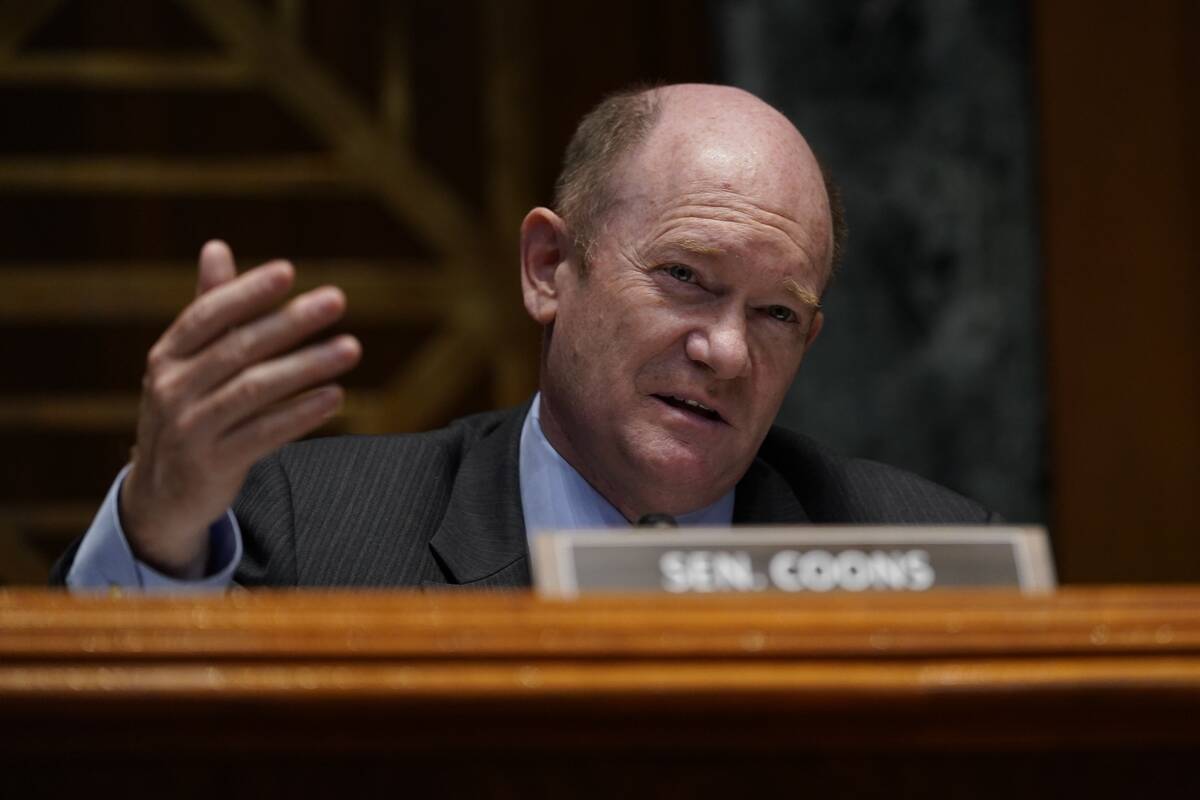| This is an area where there's a lot of heat but not enough light. And this bill is intended to be an enactable, bipartisan, reasonable measure that would move us forward in terms of the Congress and the public actually understanding what social media platforms know about the consequences and impact of their products, their services and the algorithms that drive them. This is the way that I try to approach complex problems, which is first to better understand what the problem is, and to allow Congress to then have a real policy debate with concrete information, rather than what we've largely been trying to do, which is to regulate social media either from a partisan perspective or without enough information about how it actually works. There have been a number of bipartisan bills related to social media accountability that haven't advanced. What's the path and timeline for trying to get this signed into law? Frankly, I'm frustrated at how long it has taken to get this hearing. I had hoped we'd be doing this six months ago. Implicit in your question is that this Congress is almost over. We've got a bill that I believe we can after this hearing move forward with a broader range of co-sponsors. I hope we can still move it forward in this Congress, but I recognize that getting this to the president's desk this year is going to be an uphill climb. The European Union is advancing transparency requirements under its landmark Digital Services Act. What do you make of that bill and how is it influencing talks in the U.S.? For a long time, the E.U. has been ahead of the United States in terms of their data privacy regulations. That's also creating an incentive [for] platforms to cooperate with us and to be more transparent, because bluntly, I think they'd rather see regulation here than simply have to comply with regulation there. Either way, the E.U. market is large enough that it will drive a lot of behavior by the platforms. But if the United States and the E.U. end up with harmonized standards, then I think we're both providing a more predictable regulatory environment [and] also showing the sharp contrast between what we're doing and what China and Russia are doing, and a dozen other authoritarian countries where individuals have really no rights at all to data privacy. Some advocates argue that just passing transparency requirements isn't enough. It may not be enough but it's a good start. Of course this isn't the answer to everything, but it's an important next step. | 









No comments:
Post a Comment